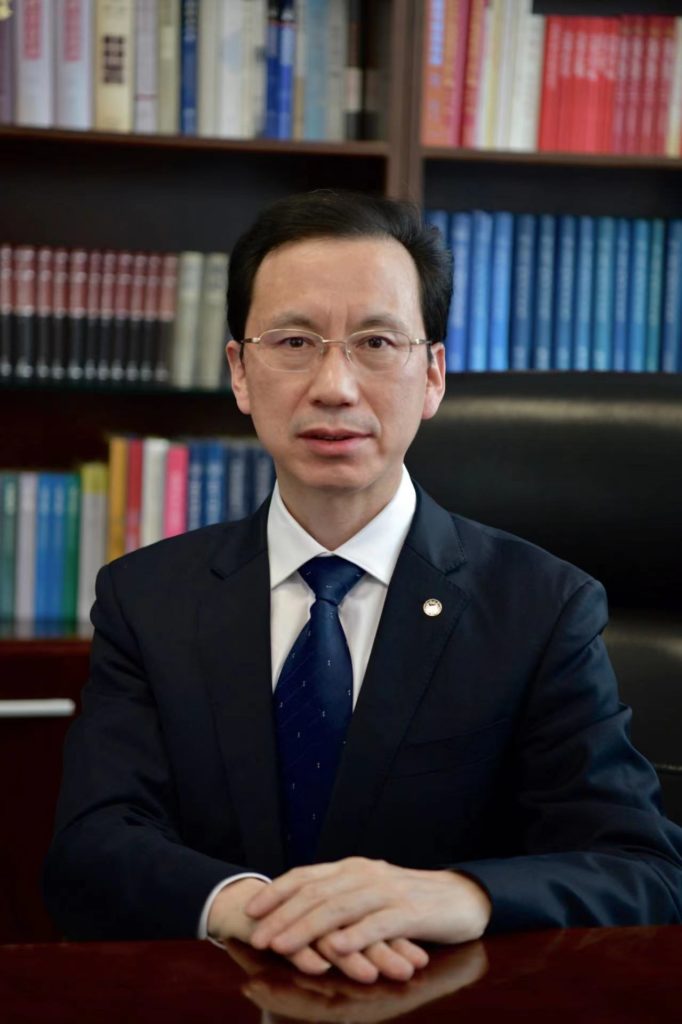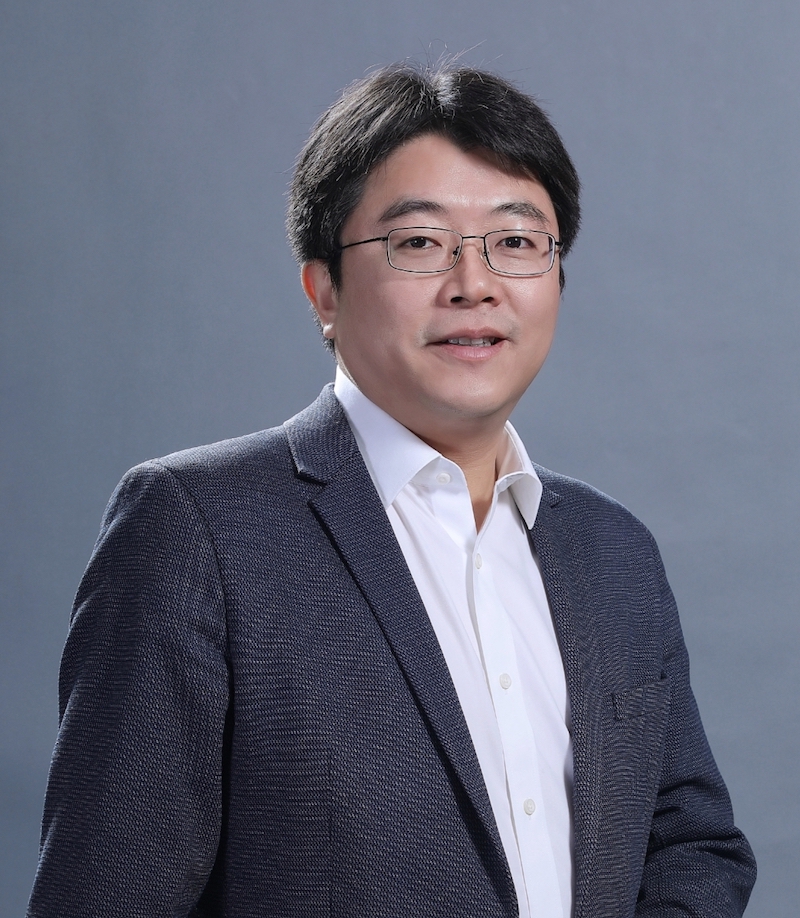Title: Theory and Application of Big Data Knowledge Engineering
Qinghua Zheng (Tongji University)

Qinghua Zheng, Ph.D., Professor, President of Tongji University, National Outstanding Youth, Chang Jiang Scholar, National “Ten Thousand Talents Program” leader in Scientific and Technological Innovation, member of Science & Technology Commission of Ministry of Education, Director of the Computer Teaching Guidance Committee of the Ministry of Education, and head of the National Natural Science Foundation Innovation Group. He conducts research in big data knowledge engineering and has awarded 3 National Science and Technology Progress Second Prizes, 4 National Teaching Achievement First and Second Prizes, 5 First Prizes at the provincial and ministerial level, the Ho Leung Ho Lee Science and Technology Award, the Qiu Shi Outstanding Youth Award, the China Youth Science and Technology Award, etc.
Abstract: Big data knowledge engineering emerged with the advent of the big data era, with the aim of transforming vast amounts of big data into machine-representable, reasonable, and computable knowledge graphs. This talk analyzes the technical challenges of transforming big data into big knowledge, refines the scientific problem of fragmented knowledge fusion, creates the concept and model mechanism of the knowledge forest, proposes construction and reasoning methods for the knowledge forest, and uses major projects such as smart education and the Golden Tax Project as examples to explain the practical application of knowledge forest theory.
Title: How Large Models Use External Knowledge and Tools
Jirong Wen (Renmin University of China)

Ji-Rong Wen is the dean of the School of Information at Renmin University of China (RUC) and the executive dean of Gaoling School of Artificial Intelligence, a national high-level talent expert. He has been working in the big data and AI areas for many years, serving as the program committee chair of the international conference SIGIR 2020, and an editorial board member of ACM TOIS and IEEE TKDE. He has previously served as a senior researcher at Microsoft Research Asia and the group manager of the Web Search and Mining Group. After joining Renmin University of China, he has actively devoted himself to promoting research and teaching in artificial intelligence and big data at Renmin University, especially the intersection of new technologies and related disciplines. In 2018, he was selected as one of the first “Outstanding Young Scientists in Beijing”, and in 2019 he served as the Chief Scientist of the Beijing Academy of Artificial Intelligence. He currently serves as a member of the 8th Science and Technology Committee of the Ministry of Education, and a
managing director of the China Computer Society, etc.
Abstract: Large models represented by ChatGPT have attracted significant attention in recent years, representing major breakthroughs in the fields of language understanding, knowledge representation, logical reasoning, and so on. However, the internal knowledge of parameterized large models has serious problems in terms of vagueness, timeliness, and limitations. It is necessary to enable large models to acquire external knowledge and combine internal and external knowledge to solve the above problems. I will introduce my team’s work and thoughts in this direction.
Title: Wikidata: A free knowledge graph anyone can edit
Denny Vrandečić (Wikimedia)

Denny Vrandečić is Head of Special Projects at the Wikimedia Foundation, leading the development of Wikifunctions and Abstract Wikipedia. He is the founder of Wikidata, co-creator of Semantic MediaWiki, and former elected member of the Wikimedia Foundation Board of Trustees. He worked for Google on the Google Knowledge Graph. He has a PhD in Semantic Web and Knowledge Representation from the Karlsruhe Institute of Technology. He has lived in Croatia, Stuttgart, Rome, Los Angeles, Berlin, and now the San Francisco Bay Area.
Abstract: The talk will introduce Wikidata. Wikidata is a free and open knowledge base that can be read and edited by anyone. We will discuss the state of Wikidata. We also discuss new developments around large language models and Abstract Wikipedia, which both have the opportunity to completely transform the role and shape of Wikidata, and Knowledge Graphs in general.
